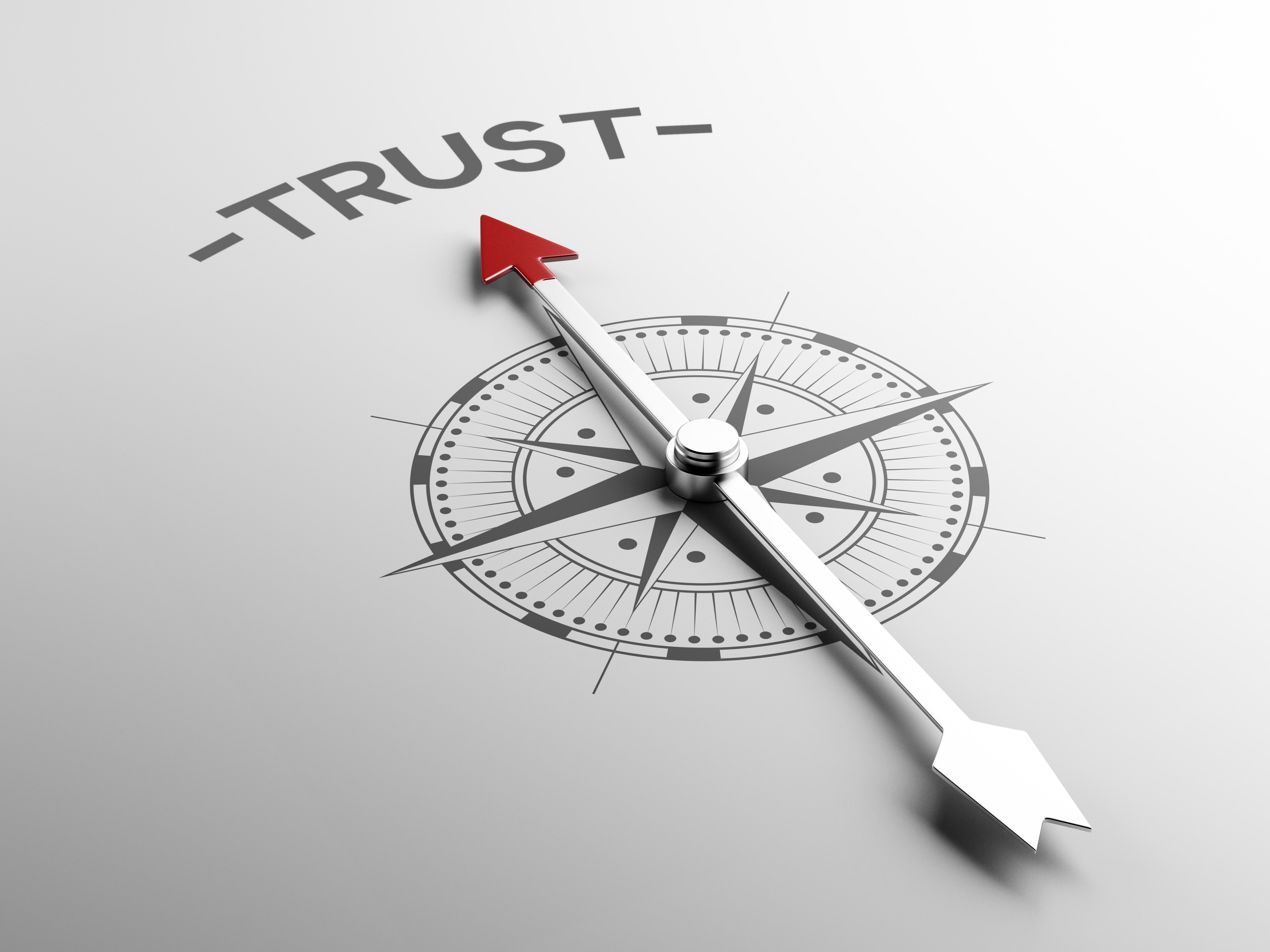In the United States, Black women diagnosed with breast cancer are more than 40 percent more likely to die than white women with the disease. Communities of color have less access to nutritious food than their white counterparts. Minority-owned businesses are less likely to receive access to capital, making it nearly impossible to generate wealth. One in three Black Americans and Hispanics/Latinx Americans don’t have computer technology in their homes—an impediment in the best of times, and even more so during a pandemic.
Across America, communities of color face a series of deficiencies in a land of plenty. From “deserts” in healthcare to food/nutrition to finance/capital to education to technology/broadband, vulnerable neighborhoods nationwide experience critical shortages in the goods and institutions that provide a pathway to success.
These deserts in the richest country in the world exacerbate inequality, stifle upward mobility, and stand as barriers to meaningful progress.
The food desert has long been a topic of conversation— but if we are going to make real and sustainable progress to eliminate all the deserts, we can’t just talk about them; we have to end them. That will require doing three things: focusing on vulnerable communities, engaging leaders from all sectors, and eliminating one additional desert—the desert of trust.
Trust.
First, directing energy and resources to the places and neighborhoods where they are needed most is an obvious and necessary step. In all of these areas, communities of color are hit hardest by inequities. We must not only recognize that reality, but also make an active and substantial effort to promote spending and engagement in the neighborhoods and communities where these inequities are most clearly seen.
Second, we must make this a wide-ranging, collaborative effort. Leaders in public service, in business, and in philanthropy have taken important steps to show their support of these goals. But if we are going to create systemic change in our communities, we can’t just act in our own silos; we need to bring together people of influence and action from all areas of society. From industry to academia to civil society—from those who dole out money to those who engage in advocacy on the ground—we need to create spaces of shared engagement and communication. These groups have been talking passed each other for too long. Let’s put them in the same room.
Finally, we need to make a concerted effort to eliminate the trust deserts in our society. We cannot eliminate these inequities through funding and collaborative action alone. We also need to ensure that the people and organizations involved in this work can operate in good faith and with confidence in one another.
This approach has worked before. When I was chief of staff to Maryland Lt. Governor Kathleen Kennedy Townsend in the late 1990s, we instituted an initiative called “Hot Spots”—a coordinated effort that combined intensive engagement with community mobilization and activities to reclaim public space; encourage dialog and understanding between police and the communities they serve; rapid responses to public nuisances; expand education initiatives; and scale after school activities for youth in those areas that were most in need. The initiative forged new partnerships between federal, state, and local leaders. It connected civic organizations. And it fostered cooperation between public, private, nonprofit, religious, and community organizations that were committed to the neighborhoods they served.
This approach worked for three reasons.
First, it directed attention and resources to the neighborhoods most in need of assistance, pinpointing those areas where people were being let down, left out, and left behind.
Second, it convened stakeholders to interact in a genuine and productive way, from young people struggling with dangerous streets to well-meaning philanthropists who had been more accustomed to transactions than transformations.
Third, it focused on eliminating the trust desert by helping groups and individuals that were often at odds find common ground in order to address their common good.
It was all about respect and understanding — based on the identified priorities from the community itself.
We are living at a time of intense public discord and extraordinary divisiveness in neighborhoods across the country. We have real and demanding challenges to conquer. By taking a targeted, collaborative approach—and building trust with each other—we can begin to make real, sustainable change.
Only by overcoming the trust “desert”, together, can we work to truly eliminate all the other urgent deserts that plague our most underserved communities, so all families can live in peace and prosper.
Alan H.H. Fleischmann is the Founder, Chairman, and CEO of Laurel Strategies, Inc.


